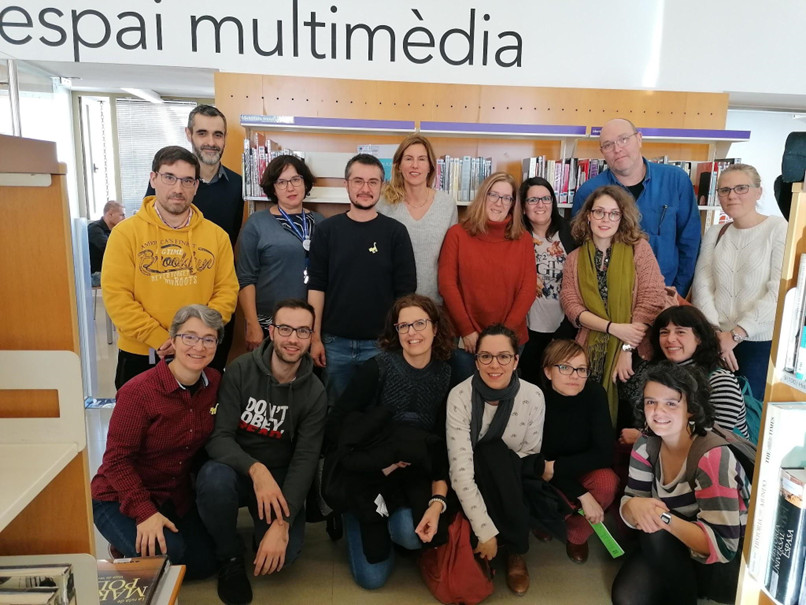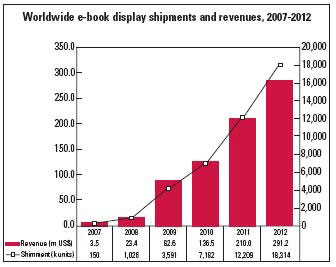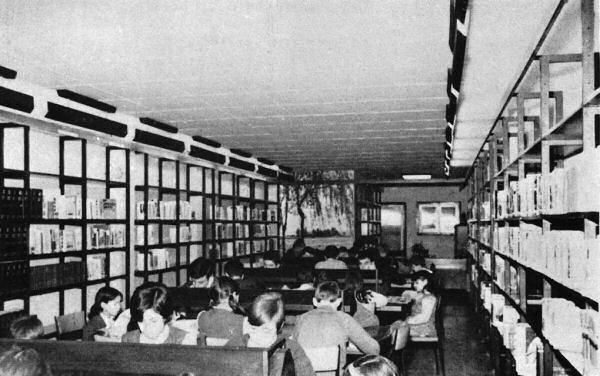Eines per aplicar la perspectiva de gènere a les biblioteques públiques de la demarcació de Barcelona. Una proposta oberta del Grup de Treball Dones i LGTBIQ+ de la comunitatXBM
El Grup de Treball Dones i LGTBIQ+ es crea l’any 2019 per respondre a la previsió d’un augment de fons especialitzats en dones, feminismes i el col·lectiu LGTBIQ+ a les biblioteques públiques. El seu primer objectiu va ser redactar un document guia per establir pautes i facilitar la gestió i creació de nous fons d’aquestes temàtiques partint de l’experiència de diverses biblioteques de la xarxa de biblioteques de la Diputació de Barcelona.
L’article descriu la metodologia del Grup de Treball, resumeix els continguts més rellevants del document resultant (publicat el 2021) i ressenya l’experiència de les biblioteques de Vilanova i la Geltrú, que han fet nous centres d’interès seguint-ne les pautes. A continuació s’apunta el present i futur del Grup de Treball, en què es descriu el segon objectiu per assolir: la revisió de la indexació de les matèries del catàleg per detectar-ne incongruències i suggerir-hi canvis, i l’assignació de noves matèries als documents relacionats amb les temàtiques del Grup de Treball per fer-los més accessibles.
L’article recull la importància del treball en xarxa entre biblioteques, de compartir el coneixement i les experiències per abordar qüestions complexes i ressalta la necessitat de tenir present la perspectiva de gènere a tota la biblioteca i a totes les biblioteques. També suggereix la necessitat que els professionals de les biblioteques puguin seguir formant-se en aquests àmbits.



